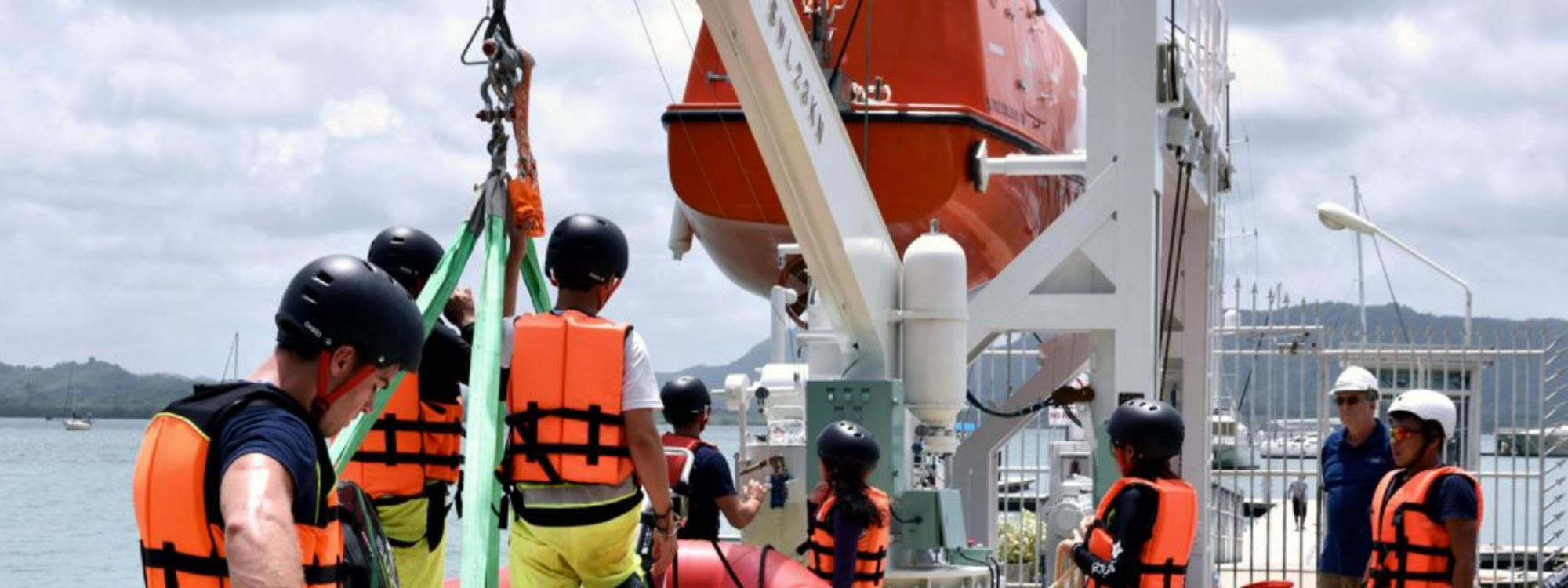
Maritime Training Courses Overview:
Basic Safety Training (BST): Fundamental to all maritime careers, BST covers essential safety procedures, firefighting, survival at sea, and first aid. This foundational course equips participants with the knowledge and skills necessary to respond effectively to emergencies onboard vessels.
Navigational Skills and Seamanship: Courses focusing on navigation and seamanship provide seafarers with the expertise to safely navigate vessels through diverse waterways and challenging conditions.
Marine Engineering: For engineers and technical personnel, marine engineering courses delve into the intricacies of vessel propulsion systems, machinery operations, maintenance practices, and troubleshooting techniques.
Maritime Regulations and Compliance: With stringent regulations governing maritime operations, courses on regulatory compliance educate participants on international conventions, industry standards, and best practices.
Maritime Security: Given the increasing threats posed by piracy, terrorism, and other security risks, maritime security courses focus on threat assessment, security protocols, crisis management, and the implementation of security measures onboard vessels.
Environmental Awareness and Sustainability: In response to growing environmental concerns, maritime training now includes modules on environmental awareness, pollution prevention, and sustainable practices. Participants learn about marine pollution regulations, ballast water management, waste disposal methods, and the importance of preserving marine ecosystems.
WhatsApp us